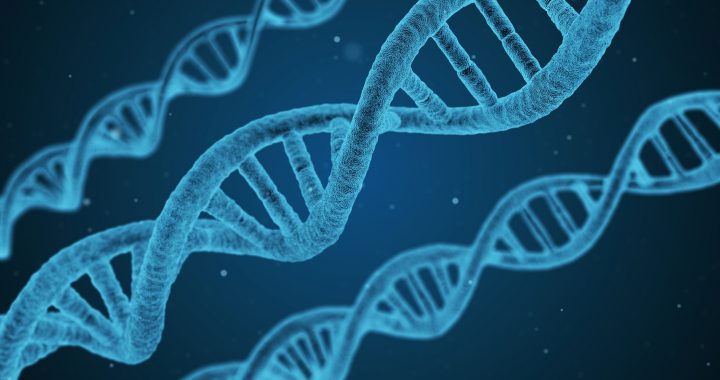Years ago, the writer Nigel Dennis, an author, critic, and playwright from the late nineteenth early twentieth century wrote a book entitled Nadia: A Case of Extraordinary Drawing Ability in an Autistic Child. The book concerned a young child who had an extraordinary ability to draw, nearly matching many great artists of her time. However, she was also autistic, and so in Dennis’s book it was revealed how her doctors discussed what they should do with her. That is, they realized that if they cured her, they would probably wreck her incredible gift for drawing. In the end, however, they did cure her, and consequently her ability to draw likewise disappeared.
This past year, Walter Isaacson, the great biographer and historian, released his book The Code Breaker, having to do with the work in which geneticist Jennifer Doudna and others have been involved where by using a certain protein they are able to insert a piece of the molecule RNA into someone’s DNA, thus allowing them to splice open a certain section of their DNA prior to inserting a preferred section that will then make them healthier in some way. To date, this gene editing has seemingly led to such developments as the healing of sickle cell anemia in those who possess the disease, as well as producing a potential end to Huntington’s disease, which can eventually lead toward the death of brain cells.
Of course, the idea that all sorts of maladies and illnesses, inherited and otherwise, might be potentially cured by this process of gene editing is an exciting development in the worlds of biology and medical science, as well as providing potential hope for all those who may be suffering from certain inherited maladies, such as heart disease, deafness, blindness or the amyotrophic lateral sclerosis (ALS) which plagued the late, great physicist Stephen Hawking for much of his life.
However, as in the case of the autistic girl with an incredible ability to draw, one has to ask the question: If potentially curing someone of a certain illness by altering their genetic code, or eliminating some inherited condition by which they are suffering is going to inevitably affect certain personal qualities or talents which are directly related to that by which they are afflicted, is it worth it? For instance, if Beethoven hadn’t passed through the dark night of the soul he experienced when he realized he was losing his hearing, would he have been able to produce the revolutionary optimism and defiance which are part of his iconic, otherworldly Fifth Symphony?
Similarly, would Stevie Wonder have been able to produce the incredible inner-directed music which he launched into the world in the mid-1970s with Innervisions or Fullfillingness’ First Finale if he hadn’t lost his sight? Or would Virginia Woolf have been able to produce the incredible stream of consciousness writing which she produced, such as her iconic novel Mrs. Dalloway, if she hadn’t been able to probe the boundaries of her own mind during one of her frequent states of depression? Correspondingly, if Stephen Hawking had had a full, active life, not confined to his wheelchair, would he have developed the obsessive will to probe the secrets of the universe?
These are obviously the same questions which the doctors treating the autistic young girl with her incredible ability to draw considered in treating her. Ultimately, when push comes to shove, what takes precedence, physical health or incredible, visionary talent? In addition, there would appear to be another question which might be considered here. That is, the significance of the human challenge against adversity, as well as the will to achieve not only against all obstacles, but also in fact even because of them?
The obvious answer might appear to be that if modern medicine can restore someone’s health and alleviate their suffering, shouldn’t that take precedence over everything else? Yet if one probes the question more thoroughly, considering all the relevant dynamics which are present, the answer might then not appear to be so easy to discern. For instance, in the case of someone who might be suffering from a certain illness or condition, but likewise possesses both a certain unique talent and an incredible amount of will to bring that talent to fruition, even against all odds, which is more important: Curing their illness or leaving both their talent and their will to create fully intact? Difficult questions which it would seem need to be ultimately addressed in this new age of genetic code breaking which has suddenly come to call.
Lyn Lesch’s recent book Toward a Holistic Intelligence: Life on the Other Side of the Digital Barrier was recently published by Rowman & Littlefield.
